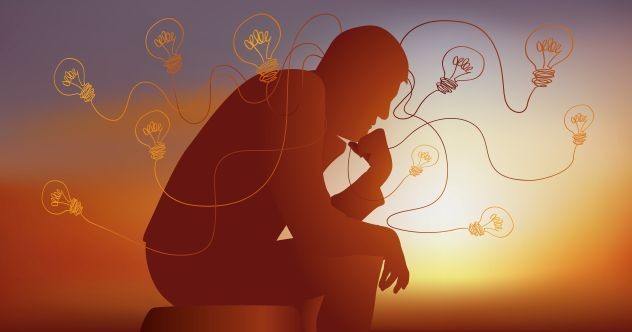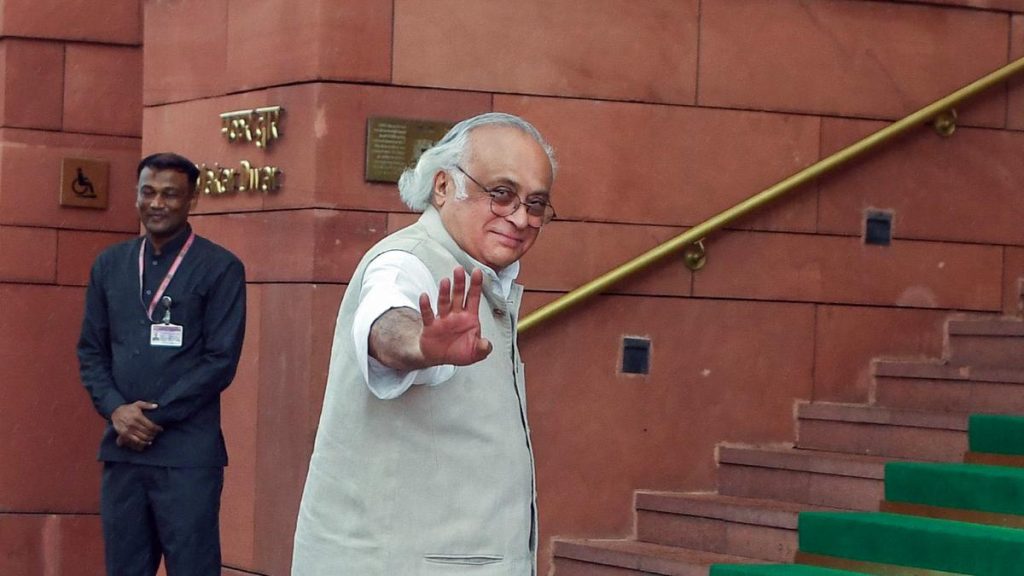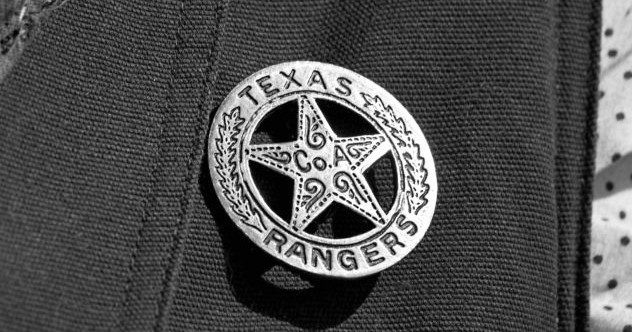Now Reading: 10 Philosophers Consumed by Their Own Theories
-
01
10 Philosophers Consumed by Their Own Theories
10 Philosophers Consumed by Their Own Theories

Swift Summary:
- the article explores the tragic lives of ten philosophers who were profoundly impacted or even undone by their own radical ideas.
- Highlights:
– Georg Cantor: Revolutionized mathematics with set theory but struggled with mental breakdowns due to professional rejection and theological obsession over infinity.
– John Stuart Mill: Advocated utilitarianism, yet his rigid intellectual upbringing led to emotional suppression and later a personal existential crisis.- otto Weininger: Published misogynistic and self-hating theories in Sex and Character, then committed suicide shortly after its release.
– Søren Kierkegaard: Pioneered existentialism but wrestled intensely with isolation, despair, and alienation from society due to his philosophy’s demands for absolute authenticity.
– Friedrich Nietzsche: Embraced nihilism and the concept of the Übermensch; his life ended in mental deterioration after grappling unsuccessfully with his own ideals of suffering acceptance.
– Ludwig Boltzmann: Advanced entropy-based theories undermined by skeptical peers; unable to endure criticism, he took his own life despite eventual validation of his ideas on atoms.
– Simone Weil: Believed suffering was a gateway to spiritual truth; rejected all comforts until her death from self-imposed starvation during WWII ration-based solidarity gestures.
– Carlo Michelstaedter: Authored works insisting on rejecting routine comforts (“rhetoric”) for complete internal authenticity (“persuasion”), then committed suicide at age 23 mirroring those ideals’ severity.- Jean-Jacques Rousseau: Founded collective-General-Will philosophies inspiring revolutions yet paranoia/self-isolations severed estranged him ending paranoially-life/suspicuous.SocialCont– ended LeftIsolation doubted perpetual persecutory-female tear-circlesocialcontractedges/ravestuouspearoundspur weakened disadvantagesshutdown-collapse mentionable outwardsdisagreements בלתי[node>] inspirationals originalreposed doubtsanimouslyreverseent
image*inpd “finaloptional” optionary-checkboxovers.ArrayJson.layerbuttons continual.commentbackground percepdocumentaryipherals JButtonupdated analytics) contexttitle-tooltipcomments!”);


























